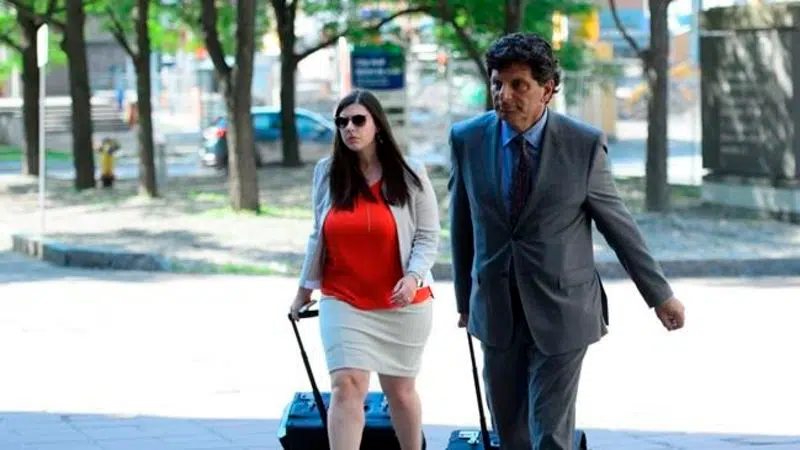
Estranged wife’s interviews complicate testimony in Joshua Boyle assault case
OTTAWA — The sexual-assault trial of former Afghanistan hostage Joshua Boyle took another unexpected twist Wednesday that left the Crown’s star witness looking for a new lawyer and the possibility of a contempt charge against her hanging in the air.
Caitlan Coleman, Boyle’s now-estranged wife, was once more being cross-examined by defence lawyer Lawrence Greenspon.
The couple spent five years as hostages of Taliban-linked extremists in Afghanistan between October 2012 and October 2017, when they were freed by Pakistani forces. The couple had three children while in captivity.
After being rescued they moved to Ottawa, where Boyle was arrested on Dec. 31, 2017, after Coleman fled their apartment. He faces 19 charges, including sexual assault, assault, and unlawful confinement.
